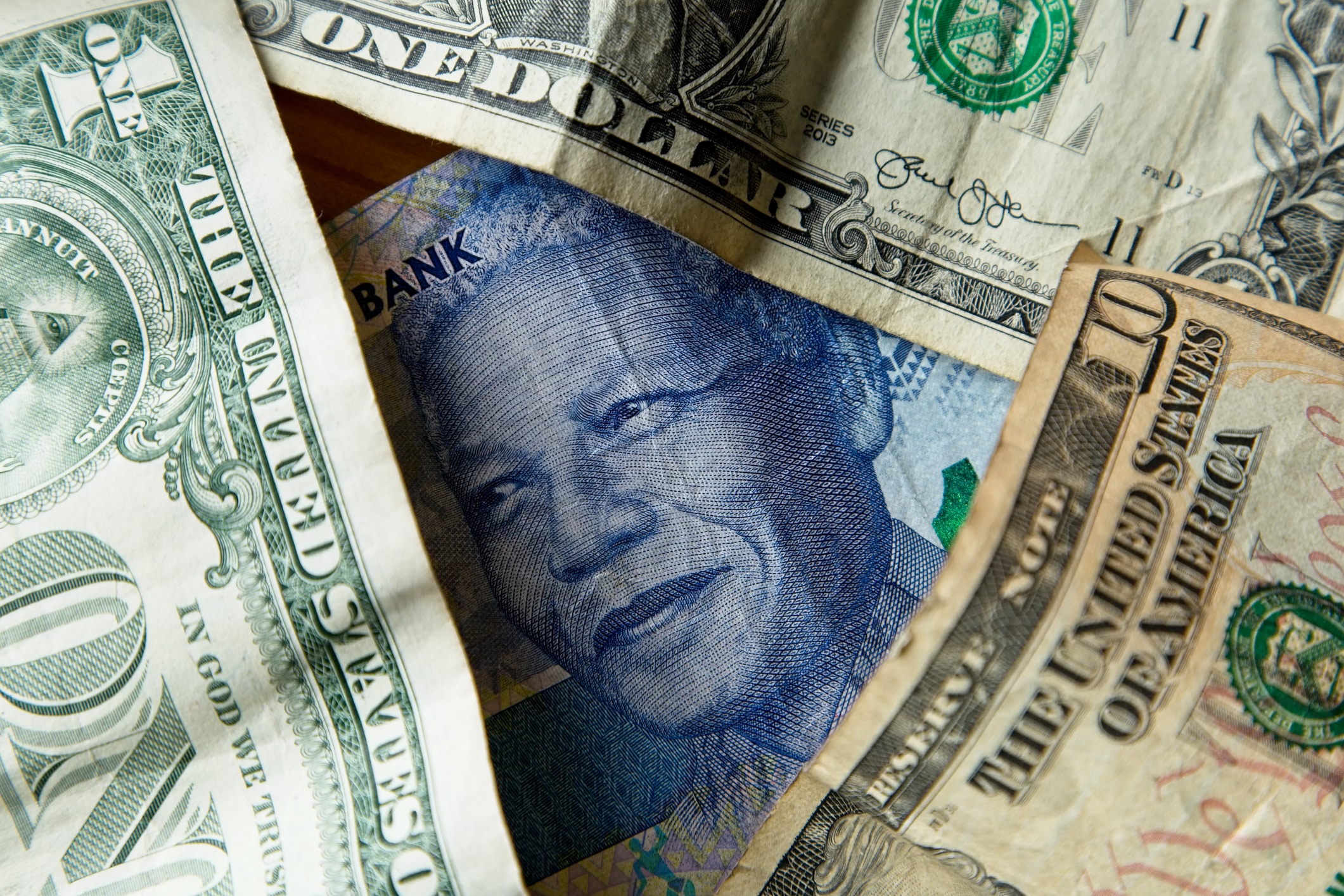Topline
South Africa’s rand strengthened in early trade on October 14, trading at R18.30/$, as the dollar dropped after investors moved towards global stock market considerations. The rand is trading at R18.14/$ as of October 19. Brent crude is trading at $90.56.
Key Background
Markets were influenced by worries of more United States (US) interest rate hikes, and concerns about the United Kingdom’s (UK) controversial ‘mini budget’, otherwise known as The Growth Plan – a set of economic policies and tax cuts. The UK government has backpedalled its tax plan.
The rand had a 29-month low last Thursday after US consumer prices data exceeded forecasts, increasing the prospect of another large increase to US interest rates next month.
The Top-40 and the broader all-share indices rose by 2% in South Africa. On Friday October 14, the rand was trading at R18.30/$, R17.82/€, and R20.58/£. Brent crude was trading at $92.43 a barrel, according to Nasdaq.
Background
Associate Professor Gavin Keeton from the economics department of Rhodes University in the Eastern Cape province of South Africa says it is still too early to tell if the market feeling is buoyant.
“Markets [are] still very much focused on how far interest rates must rise to bring inflation under control. But it is encouraging that US inflation seems to have peaked. Russia/Ukraine is still the big unknown with regard to energy and also food prices.”
He adds that the broader all-share indices rising by 2% is good news, and a sign that investors are eager to buy at low prices – with a caveat that the Johannesburg Stock Exchange (JSE) will remain at the mercy of global events which are still very uncertain.
When asked about the rand consistently declining by more than its purchasing power parity equivalent rate against leading currencies, Keeton says he’s not sure he agrees with this claim.
“The real effective exchange rate today is about where it was in 1999, 2006, 2011 and from 2016-18. But even if it is true, one should remember two things: is it really a bad thing? South Africa’s low growth is at least partly because of poor international competitiveness. A weaker real exchange rate helps remedy this.”
He questions whether the South African Reserve Bank can really do anything to strengthen the rand, as it is much easier to weaken the exchange rate (by buying dollars) than strengthening it by raising interest rates or selling the few dollars it possesses.
“Also remember you can either target inflation or the exchange rate – not both. How would markets react to abandoning inflation targeting? [There] may be [a] big selloff of bonds by foreigners and the rand would then weaken.”
Internationally, the issues remain complex and uncertain, while locally, the possible issues affecting the strength of the rand are Eskom’s power cuts, the likelihood of South Africa undergoing greylisting, among other concerns.
